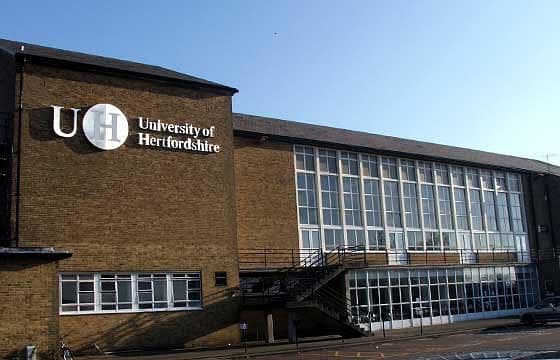Master of Pharmacy at University of Hertfordshire
Hatfield, United Kingdom
- Tuition Fee £ 15,500
- Country Rank-
- Duration48 Months
- Score IELTS: 6.5 TOEFL: 79
Program Overview
The Master of Pharmacy programme at University of Hertfordshire prepares students to become skilled and confident pharmacists, emphasizing both the scientific knowledge and practical skills required in the field. The course highlights the evolving role of pharmacists as trusted healthcare advisors and treatment providers, equipping students with the expertise to navigate the expanding responsibilities in this field. By combining scientific rigor with practical experience, the program aims to produce well-rounded pharmacists prepared for the diverse challenges of modern pharmaceutical practice.
|
Aspect |
Details |
|
Course Name(s) |
Master of Pharmacy |
|
Course Length |
48 Months |
|
Entry Requirements |
|
|
Fees |
£15,500/Yr |
|
Intake |
|
Cost Of Studying At University of Hertfordshire
Interest rates as low as 8.9% *
250K+
Students Assisted
800Cr+
Loan Amount Disbursed
5000+
Loans Sanctioned
